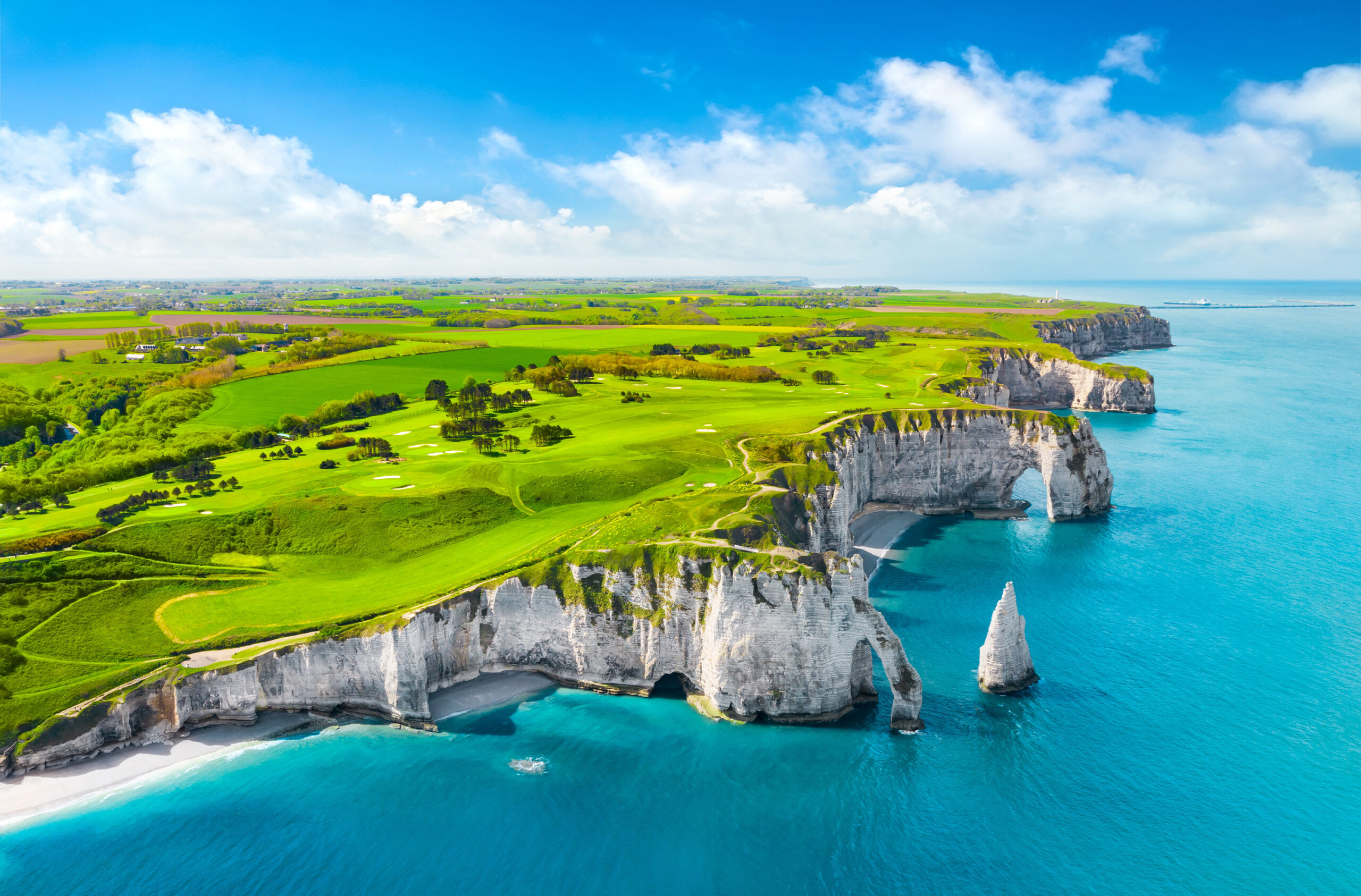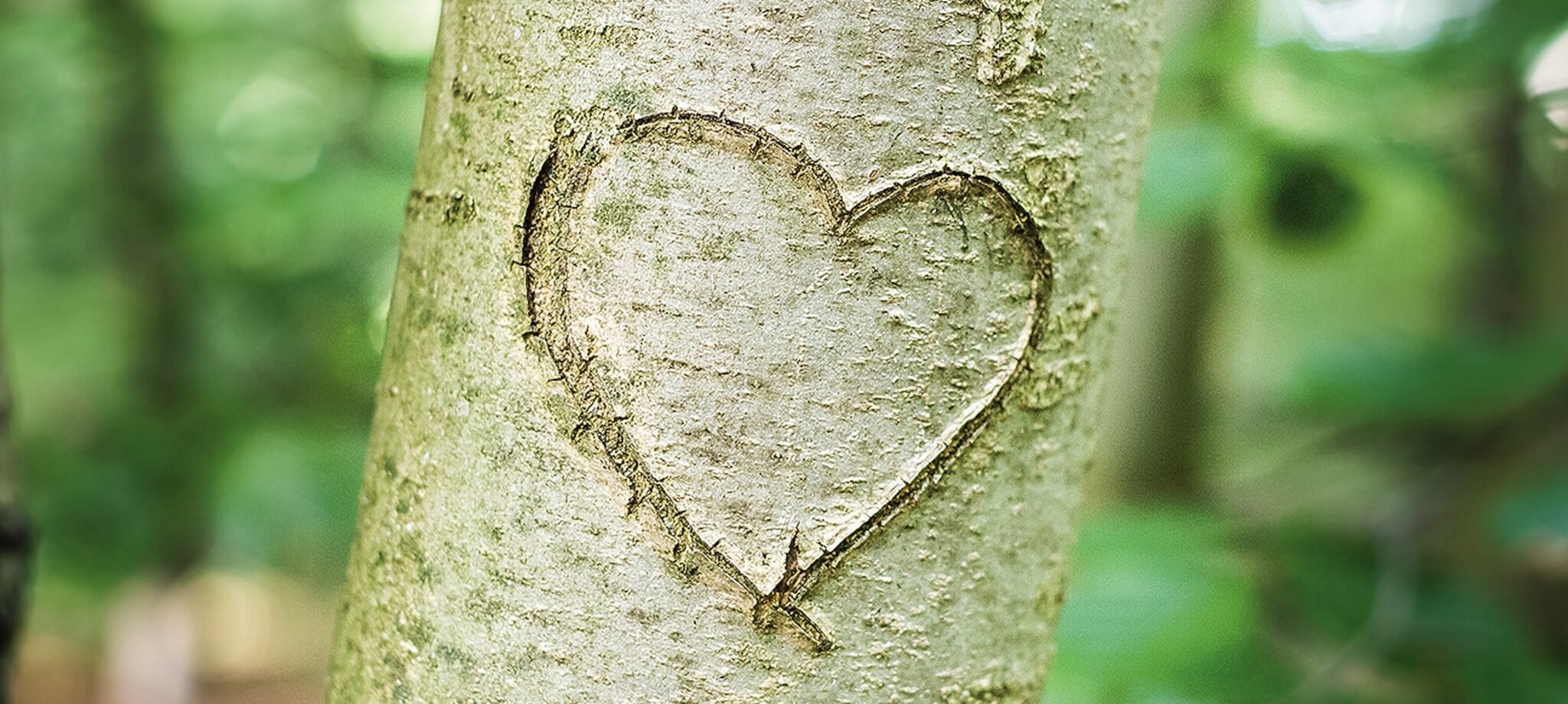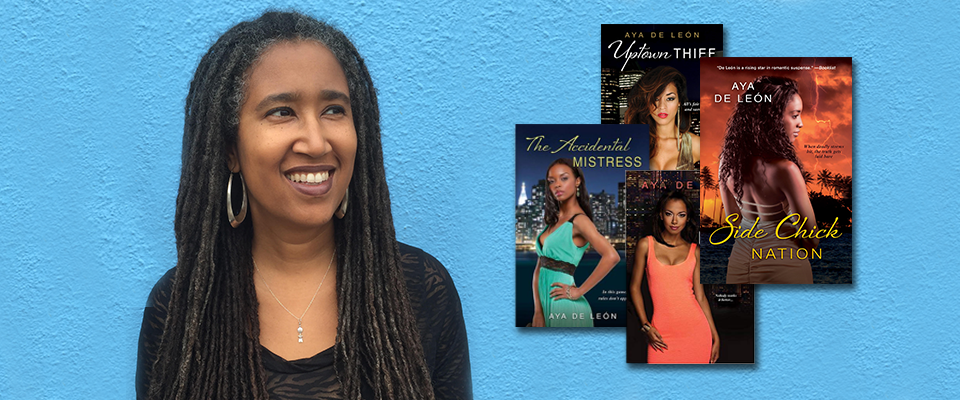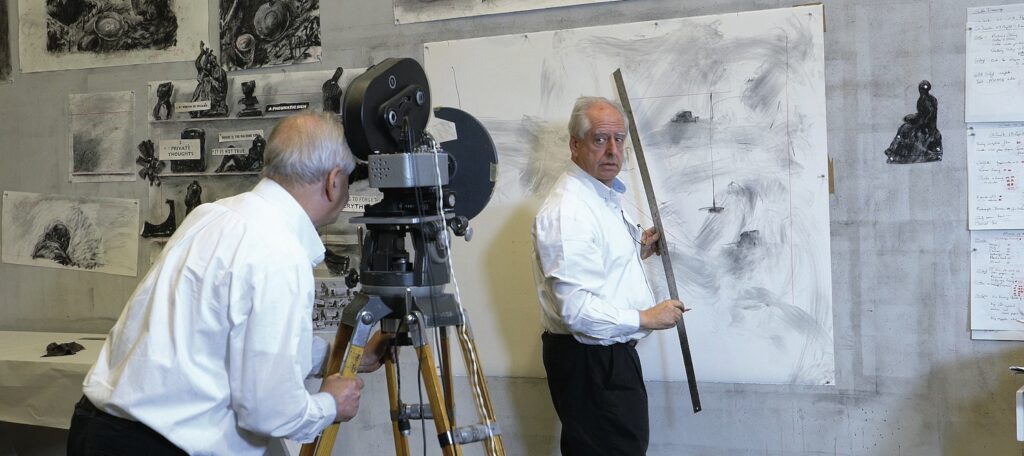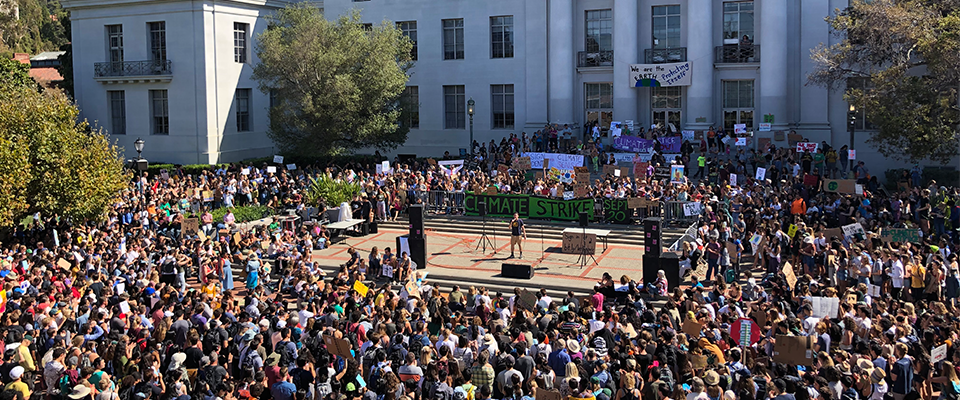Tell us about your new publishing venture, Fighting Chance Books.
So much of the literature out there that is considered climate fiction is literary fiction—really beautiful, artful novels that have to do with climate. I’m really interested in more popular fiction, almost pulp fiction, if you will, that’s aimed at engaging and activating a mass audience to think about climate.
Can you give us an example of the kind of book you’d like to publish?
There’s a book I really want to acquire. It’s like a climate justice screwball romance. It reminds me of those old movies, like Bringing Up Baby with Katharine Hepburn.
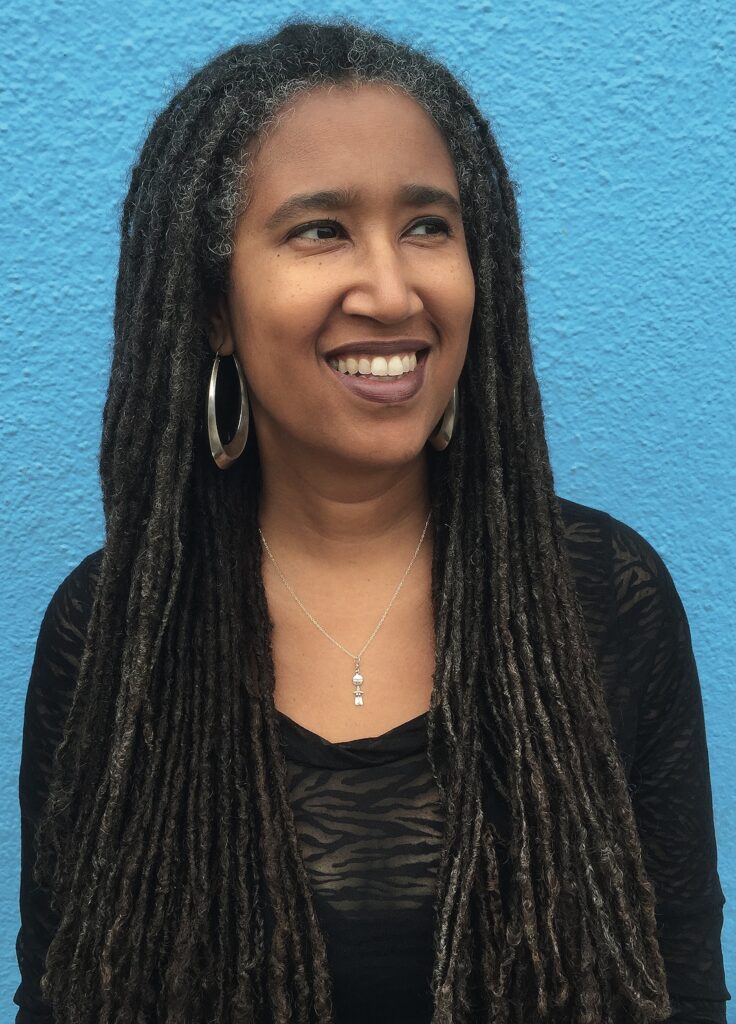
People are always trying to send me dystopian novels, set in the near future. And I’m like, “Nope, I want books about the here and now.” The dystopian books, in many ways, were kicked off by Octavia Butler in 1993 with Parable of the Sower. She was looking 30 years in the future and saying: What will happen if we don’t address this now? And, of course, it’s like a prophecy right down to the racist president with the slogan “Make America Great Again.” I mean, she literally predicted all of that and that the climate crisis would be devastating the current world, and it is. But the problem with those dystopian novels is that … we’ve had 30 years of cautionary tales, and while they’re entertaining and wonderful and I’m not telling anyone to stop publishing them, if cautionary tales were going to solve it, they would have solved it by now. So in addition to that, we need a literature of winning. That’s what I’m obsessed with: stories where we win—where we, as authors, imagine what it would take for us to win.
There’s a movement out of the U.K. called “thrutopia.” It’s not dystopian. It’s not utopian. It’s a thrutopia where people fight through the obstacles to get to the future that we want. That’s the idea behind Fighting Chance Books.
What role can fiction play in solving the climate problem?
Right now, we are in a crisis of imagination. We have to be able to imagine a radically different world, and I think that that’s where art really helps us.
There’s this nasty rumor going around that we’ve already lost. People talk about the apocalypse and the end of the world. And actually, that’s not where we are at all—we’re at a big crossroads.
What would you say to skeptics who call that view Pollyannaish?
Rebecca Solnit has this great quote: “Despair is a black leather jacket that everyone looks good in. Hope is a frilly, pink dress that exposes the knees.” There’s something, culturally, around being hopeful, that feels almost absurd, right? “All hope is lost. We’re all so jaded.”—there’s a cool kid quality to that.
But the other thing that I think is really critical here has to do with trauma. Living in the culture that we do, in which there is so much childhood trauma, many of us have had experiences early in our lives where we felt defeated … and, unfortunately, that lens of defeat, of helplessness, of being small in comparison to the circumstances—that is the lens that many of us look at the world through. I believe the climate crisis triggers that sense of being small and helpless for most people. But I think that if we do the work on that early trauma, we can reclaim that sense of infinite possibility that young people are actually born with.
As you work on getting Fighting Chance Books off the ground, where would you direct curious readers to start?
My latest novel is called That Dangerous Energy, and it came out in January. It’s the story of a young artist who’s in a love triangle with a fossil fuel mogul and a climate justice activist. It’s sort of a domestic espionage book where she begins spying for the movement. So it’s got all the drama, it’s got all the sex, it’s got all the romance, and then it’s also got the thriller aspects of a spy book. What I would love to see in 2024, and 2025, are a whole bunch of wildly popular books that are sexy and dramatic and engaging, with characters that people can’t resist, that are ultimately stories in which people come together in mass movements, and demand climate solutions and get them.



